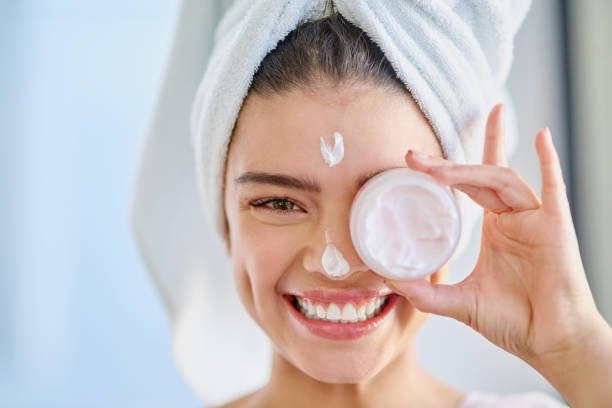The “Meaningful Beauty lawsuit” has stirred significant conversation among beauty enthusiasts and legal observers alike. If you’re a fan of Cindy Crawford’s popular skincare line or are curious about the legal controversies surrounding it, you’ve come to the right place. In this blog post, we’ll break down the Meaningful Beauty lawsuit, explore its causes, and discuss what it means for consumers.
What is Meaningful Beauty?
Meaningful Beauty is a skincare line co-created by supermodel Cindy Crawford and Dr. Jean-Louis Sebagh. Promising youthful, radiant skin, the brand has garnered a massive following thanks to its targeted products and effective marketing. However, no beauty brand is immune to scrutiny, and Meaningful Beauty has faced its share of legal challenges.
Overview of the Meaningful Beauty Lawsuit
The Meaningful Beauty lawsuit revolves around claims that the company engaged in deceptive marketing and billing practices. Some customers alleged that they were charged for products they did not order or received items on a subscription basis without explicit consent. These issues have led to legal battles and consumer backlash.
Key Allegations:
- Deceptive Billing Practices: Customers reported unauthorized charges for recurring subscriptions.
- Misleading Advertising: Claims about product efficacy were questioned, with some accusing the brand of overstating results.
- Lack of Transparency: Consumers alleged that the terms and conditions for subscriptions were unclear.
Implications for Consumers
The lawsuit raises several concerns for current and potential buyers of Meaningful Beauty products:
1. Subscription Transparency
- Many beauty brands use subscription models, but it’s essential for companies to ensure clarity in their terms. Always read the fine print to understand what you’re signing up for.
2. Product Efficacy Claims
- While Meaningful Beauty products have received positive reviews, lawsuits like this one emphasize the importance of realistic expectations and fact-checking claims.
3. Consumer Rights
- This case highlights the need for consumers to be aware of their rights regarding refunds, cancellations, and billing disputes.
Lessons from the Meaningful Beauty Lawsuit
For both consumers and businesses, there are valuable takeaways from this situation:
- For Consumers:
- Review terms and conditions thoroughly.
- Keep records of transactions and communications with companies.
- Report unauthorized charges immediately.
- For Businesses:
- Ensure transparency in advertising and billing practices.
- Provide clear and accessible customer support.
- Regularly review compliance with consumer protection laws.
How to Avoid Similar Issues
If you’re a skincare enthusiast looking to explore new brands, follow these tips to avoid potential pitfalls:
- Research Before Buying: Look up reviews and customer feedback.
- Avoid Auto-Ship Programs: If you’re unsure about a product, purchase single items instead of opting into subscriptions.
- Know Your Cancellation Rights: Familiarize yourself with the company’s cancellation policy before making a purchase.
Conclusion
The Meaningful Beauty lawsuit serves as a cautionary tale for both consumers and companies in the beauty industry. While it’s essential to hold brands accountable, this case also emphasizes the importance of being an informed shopper. Whether you’re a loyal Meaningful Beauty customer or exploring new skincare options, staying vigilant about billing practices and product claims can save you from unnecessary stress.
FAQs
1. What is the Meaningful Beauty lawsuit about? The lawsuit involves allegations of deceptive billing practices, misleading advertising, and lack of transparency in subscriptions.
2. Are Meaningful Beauty products effective? Many users report positive results, but individual experiences vary. It’s essential to research and set realistic expectations.
3. How can I cancel my Meaningful Beauty subscription? Visit the brand’s official website or contact their customer service team for cancellation instructions.
4. Can I get a refund for unauthorized charges? Yes, you can dispute unauthorized charges with your bank or credit card company and request a refund from the brand.
5. What should I look for in skincare subscriptions? Always read the terms and conditions, check for cancellation options, and ensure the brand has a good reputation for customer service.
By staying informed and cautious, you can enjoy your skincare journey without the worry of unexpected challenges. Always prioritize transparency and quality when choosing beauty products.

